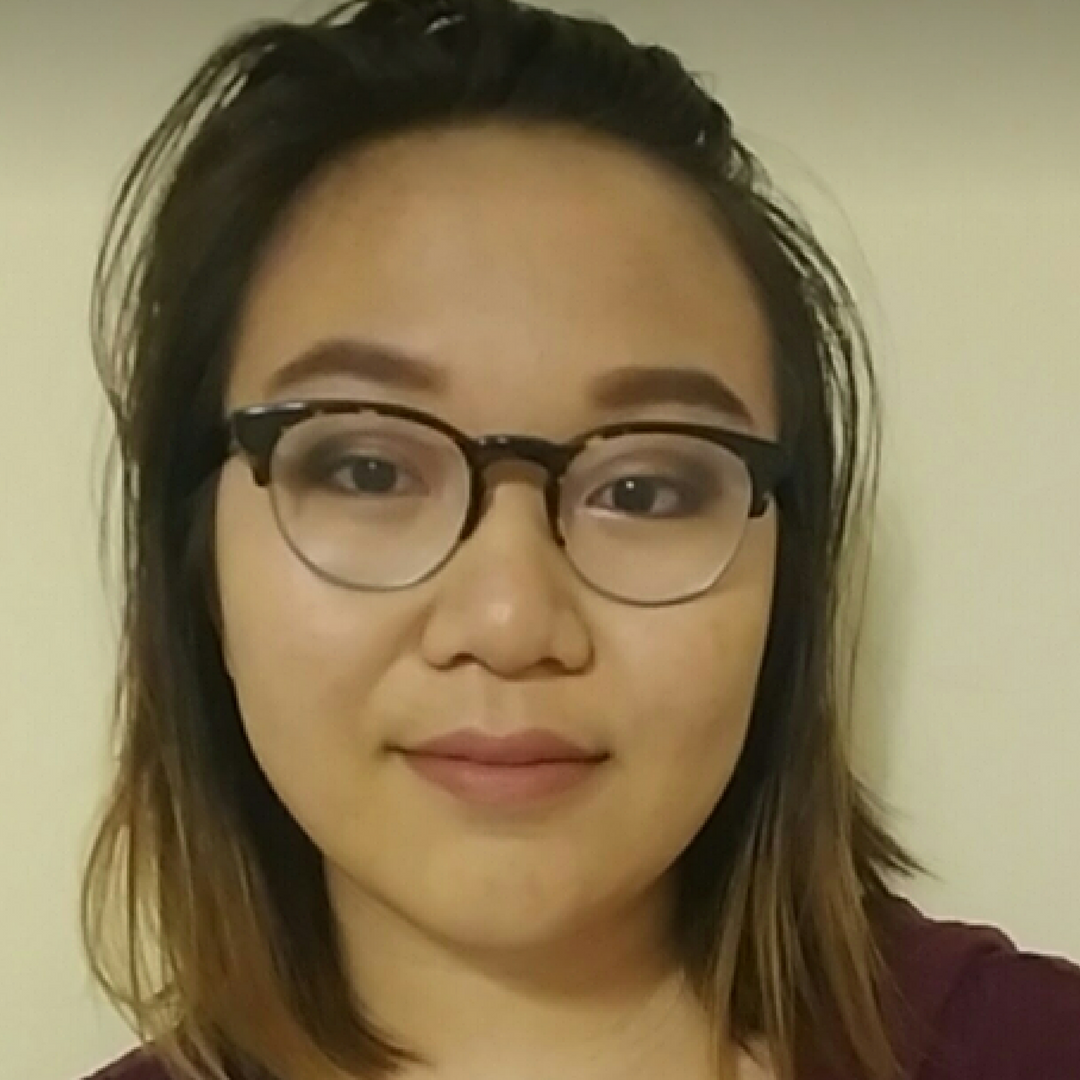ISSN: 1941-4137
POETRY THAT ENACTS THE ARTISTIC AND CREATIVE PURITY OF GLASS
POETRY THAT ENACTS THE ARTISTIC AND CREATIVE PURITY OF GLASS

Stephanie Cui is a 16-year-old from Rochester, NY (not the city!) She enjoys photography and plans on studying graphic design in the near future. She has also worked as a stage manager!
Also by Stephanie Cui:
Hello from the Men of the Indianola
嫦娥 Explains Her Origin Story
It begins in abundance and ends in vacant
wheelbarrows. The man chose a wealth
of fruit
his body and not another's.
my limbs and not another's
We call this self-preservation, they call it treachery
always giving my memory new names.
Once, I was a mother — perhaps
you knew this. The story where I:
breastfeed my son / skin the infant alive
teach him to teethe / pick each bone clean
save him / swallow him like a pill
They tell it in rapid succession, so often
that even I forget where this begins.
Now, I cannot recall the history
of my becoming. The full moon
birthed from my lips — wet and foaming,
hissing pearl. Instead, I am telling a creation myth
in reverse. The boy-god sinks
into his mother. She stomachs
her covenant. Unswells. Swallows
the milk and honey. Asks her bones
to unspool into atoms into light.
And exiles whatever is left.
"An ancient legend says a beautiful Chinese girl called Chang-O has been living there for 4,000 years. It seems she was banished to the Moon because she stole the pill of immortality from her husband."
— Houston Capcom, 1969
Once, 嫦娥 (or Chang'o) was confronted by Fengmeng, her husband Yi's rival. Swollen with jealousy, Fengmeng demanded Chang'o give him the elixir of immortality. A chance at forever — one she'd meant to share with Yi. Here, Chang'o was made to choose: sacrifice or self-preservation.
She chose the latter.
Some vilify Chang'o for her decision. After all, she'd consigned Yi to mortality — certain death.
Before the first moon landing, Houston Capcom explained that the crew of Apollo 11 should watch for a lovely girl with a big rabbit. She is there because she has stolen from her husband. This was the crime — her exile the punishment.
In telling her story, we have warped it. Whether conscious or not, we have robbed Chang'o of her agency. We forget that she chose her lunar quarantine.
I do not blame her. Not for choosing life, not for choosing herself.
Glass: A Journal of Poetry is published monthly by Glass Poetry Press.
All contents © the author.
All contents © the author.





